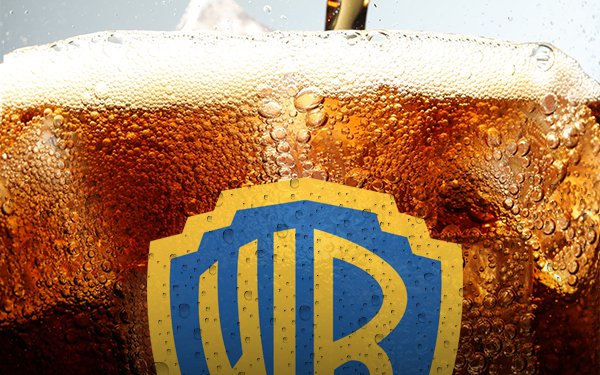
With the backdrop of Warner Bros. Discovery now in full play -- in
terms of a possible sale -- think of the linear TV/streaming relationship, as it relates to WBD and other similar legacy media companies, more in relation to modern and more vintage sugary carbonated
drinks.
The bottom line for linear TV, the thinking goes, is that it will still be around. But with much less marketplace scale -- with consumers still gulping down lots of quick-satisfying
programming thirst-quenchers.
Here is one comparison and/or reference point for linear versus streaming, according to Peter Supino,
managing director/senior media analyst at Wolfe Research.
On CNBC on Tuesday, he said to think of linear TV as Diet Coke and/or Coke. And streaming? Monster, Red Bull, or perhaps Celsius (as a
CNBC host chimed in). Who is drinking Celsius? TV Watch’s 20-year old daughter, that’s who.
advertisement
advertisement
Digging deeper, in age-related attachments, Supino says research shows those 55
and older tend to want to keep linear TV around -- with other research showing younger consumers already abandoning cable, satellite, telco, or even virtual distributors.
All of this makes
more sense now in a consolidating linear TV world -- especially where major media companies aren’t quite ready to abandon all old-school media business models.
Of those apparently
standing pat on linear TV are: Paramount Skydance, Comcast and yes -- Walt Disney. All of these companies still believe linear TV will be around for some time to come -- even if at different scale
levels.
The question, of course, is how low it can go before finding some comfortable financial resting place.
Maybe one should examine what radio went through in the late 1940s/early
1950s versus the budding TV technology that came roaring out the gate in those later years.
You might question why people still drink Diet Coke (which started in 1982) and what innovations can
be done around that drink.
A better question is why Coca-Cola started up a similar beverage -- Coke Zero -- in 2005 (and then the brand name changed to Coke Zero Sugar).
The difference
may not be all that different health-wise. The amount of caffeine is slightly lower with Coke Zero, and it uses a blend of aspartame and acesulfame potassium. Diet Coke is a more full-on aspartame
beverage.
It's really about preference: Diet Coke is “lighter," while Coke Zero is closer in taste to the original Coke.
So is that how we should look at cable TV networks?
Currently analysts would argue there are major differences, with linear virtually all about live programming (or live TV distribution of programs attached to specific daily time schedule).
Streaming is almost all about video-on-demand (including growing ‘live’ programming like sports).
Now, the bigger question perhaps: Which one is better for your entertainment and
recreational health?